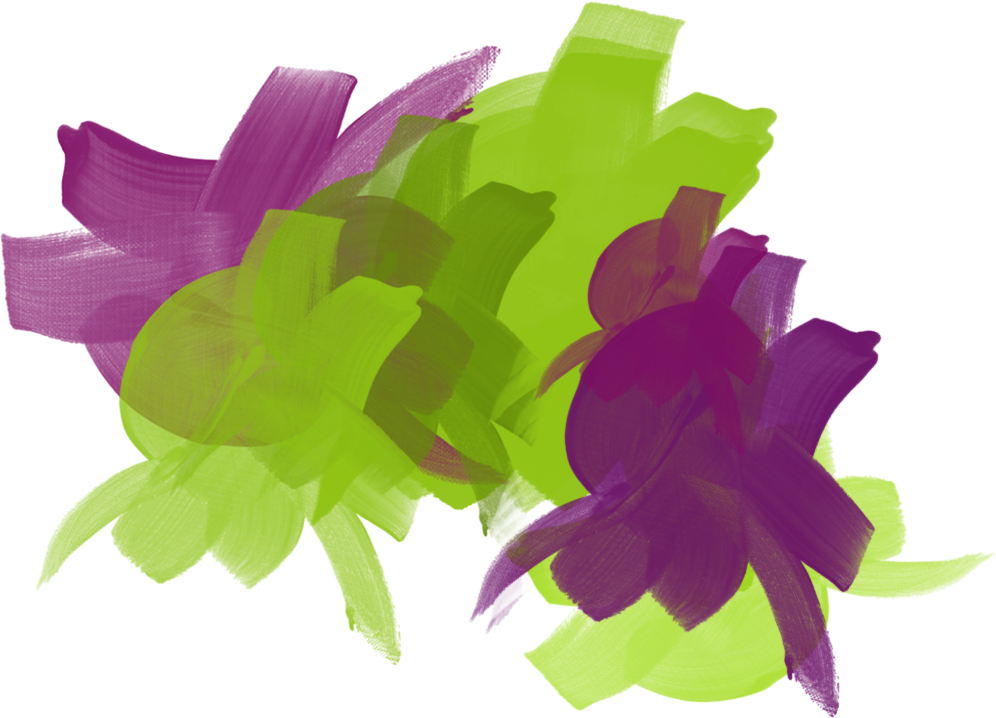Mathematics
Intent
Putnoe Primary school intends for every pupil to develop a deep, long-term understanding of Mathematics. We want all our children to feel like mathematicians when then leave Putnoe Primary School at the end of year 6.
Our aims are for all pupils to:
- Become fluent in the fundamentals of mathematics, so that they develop conceptual understanding and the ability to recall and apply knowledge rapidly and accurately, including the varied and regular practice of more complex problems over time.
- Reason mathematically by following a line of enquiry and develop and present a justification, argument or proof using mathematical language.
- Solve problems by applying their mathematics to a variety of problems with increasing sophistication, including breaking down problems into a series of simpler steps and persevering in seeking solutions – including real-life scenarios.
Implementation
At Putnoe Primary School we follow we follow ‘The National Curriculum programmes of study for Mathematics 2014’ and ‘The EYFS Framework’. Pupil are taught in year groups through carefully sequenced learning blocks. We use the White Rose scheme of learning which carefully breaks each unit into small and manageable steps. Each lesson is taught to the whole class with small, component steps allowing all children to use prior knowledge to learn new curriculum content.
All lessons begin with a short lesson starter to recap and refine previous learning, support retrieval practice and develop long-term memory. Children are taught through clear modelling and have the opportunity to develop their knowledge and understanding of mathematical concepts. Our approach incorporates the use of concrete objects, pictures, and words and numbers to help children explore and demonstrate mathematical ideas, enrich their learning experience and deepen understanding at all levels.
- Concrete – children have the opportunity to use concrete objects and manipulatives to help them understand and explain what they are doing.
- Pictorial – children then build on this concrete approach by using pictorial representations such as bar model and part whole diagrams, which can then be used to reason and solve problems.
- Abstract – With the foundations firmly laid, children can move to an abstract approach using numbers and key concepts with confidence.
During mathematics lessons, pupils will have the opportunity to talk about the methods they have used and explain their reasoning and problem solving. They will be encouraged to explain why an answer is wrong as well as why an answer is right. ‘Live marking’ will take place where the pupils mark their work together with the teacher so misconceptions can be addressed and feedback can be given immediately. Pupils and teachers will use correct mathematical vocabulary and pupils will often be encouraged to answer questions using full sentences and sentence stems.
- Summative assessments take place at the end of each term (each half term in year 6) and children’s progress and attainment is discussed with senior leaders in pupil progress meetings each half term.
- Formative assessment takes place on a daily basis and teachers adjust planning accordingly to meet the needs of their class. Teachers use formative assessment to evaluate the learning during a lesson. They may ask questions to check understanding or scrutinise independent work in order to identify common misconceptions. Pupils will carry out end of unit/block assessments which will also be used by teachers to inform future planning and revisit particular concepts within a topic as necessary.
If assessment indicates that a pupil may be attaining below age related expectations or needs additional support to help with a specific concept or topic then he or she will be identified to receive intervention or catch-up sessions identified on year group provision maps.
Impact
Pupils at Putnoe Primary School will understand and value the importance of Mathematics.
We want pupils to be confident in making connections across mathematical ideas as a result of developing fluency, mathematical reasoning and competence in solving increasingly sophisticated problems during their time at the school. Our pupils will be able to apply their mathematical knowledge across the curriculum. As our pupils progress further in their education, we intend for them to have the ability to reason mathematically and to have a sense of enjoyment and curiosity about the subject.
Through first quality teaching, guidance and effective feedback, Putnoe Primary School pupils will:
- Clearly explain their reasoning and justify their thought processes and procedures used.
- Quickly recall facts and procedures.
- Have the flexibility to move between different contexts and representations of mathematics.
- Recognise relationships and make connections in mathematics.
- Be happy, confident, articulate and autonomous learners with a life-long passion for learning.
- Leave our school at the end of KS2 prepared for the next step in their mathematical education, feeling that they are mathematicians.

